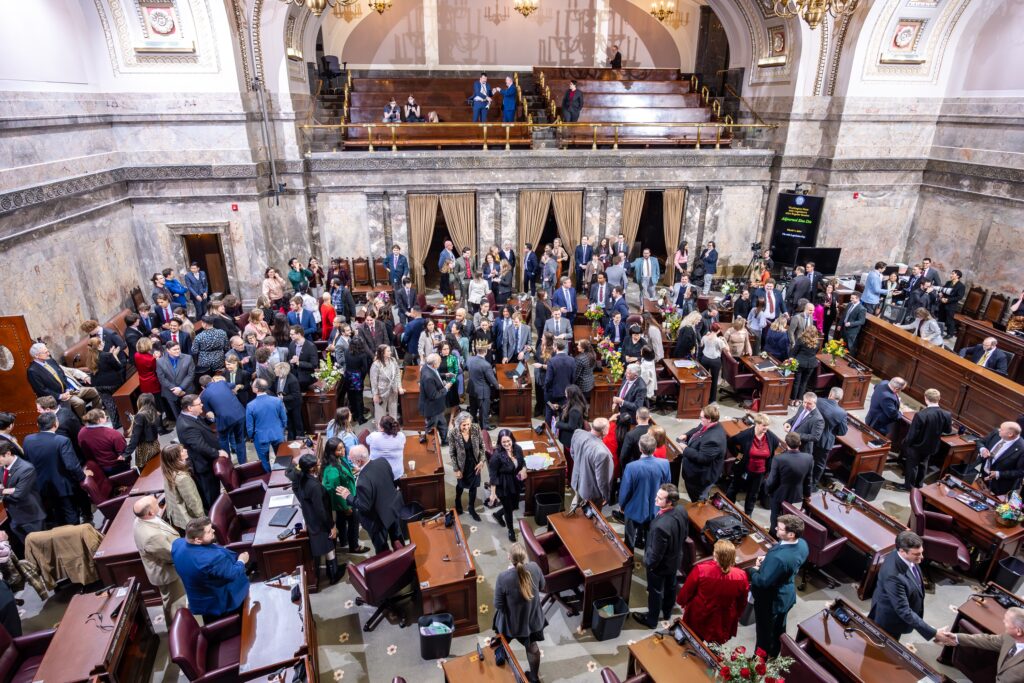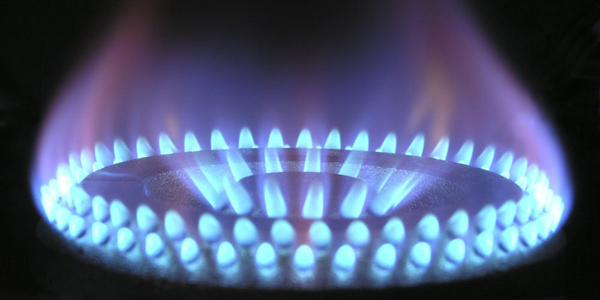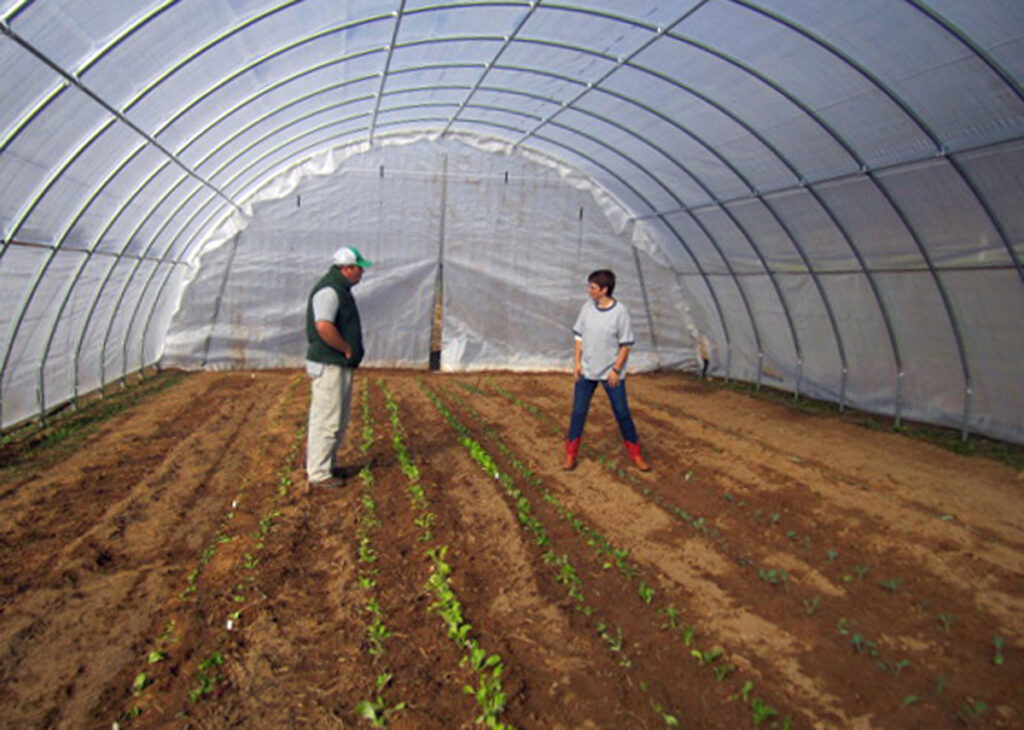The following e-newsletter was sent to Sen. Shelly Short’s subscribers March 15, 2024. To subscribe to Sen. Short’s e-newsletters, click here.

Scene on the Senate floor in Olympia March 7 after the final gavel came down to end our 60-day 2024 legislative session.
Dear friends and neighbors,
This was the year the people started taking Olympia back. That’s how I sum up this year’s legislative session. And it certainly was refreshing to see!
This session demonstrated how powerful the people can be when they speak, and how frustrated they are when their interests take a backseat to political agendas. In this week’s newsletter, let me tell you what I saw at the Capitol this year.
Initiatives cast a long shadow over the Legislature
Since 2018, the Legislature has been under the control of a ‘progressive’ urban majority that seems determined to remake the state in Seattle’s image. The result has been the opposite of progress – higher taxes, higher crime and greater government control over our lives. This year the people sent Olympia a strong rebuke, by collecting 2.6 million signatures to place six initiatives before the Legislature.
These measures challenged big portions of our colleagues’ agenda, and it was clear to everyone these would pass by huge margins if they were allowed to go to the ballot. So our majority colleagues reluctantly permitted votes on three of them, and allowed part of their program to be undone. I was delighted to join Republicans in voting to affirm parental rights in our schools (Initiative 2081), ban future income taxes (Initiative 2111), and restore the ability of police to chase fleeing suspects (Initiative 2113).
Because of legislative inaction, the three other measures will advance to the ballot. These would repeal the new state income tax on capital gains (Initiative 2109), repeal the state’s cap-and-trade program (Initiative 2117) and allow workers to opt out of a mandatory payroll tax for long-term care (Initiative 2124).
People’s reproach affects other issues
The public’s growing frustration with the Legislature affected the way other issues were considered. For example, there was a government-backed proposal to allow property taxes to rise three times faster than they already do (SB 5770). The original version of this bill would have cost $10 billion over the next decade, and would have been the biggest tax increase ever passed by the Washington Legislature. The people roared with anger when they heard about that one, our colleagues got cold feet — and the bill failed.
Another proposal from our colleagues would have imposed rent control on Washington landlords (HB 2114). But lawmakers this year were more willing to entertain doubt. Members on both sides of the aisle recognized rent control is no answer to the problem of fast-rising rents, because it fails to address the real problem. Skyrocketing rents are being driven by a shortage of housing. Yet rent control would reduce incentives for new construction and would have a negative impact on the availability of rental housing, putting more pressure on working families, not less.
Likewise, a proposal to increase real estate excise taxes to pay for low-income public housing (HB 2276/SB 6191) died when legislators realized it would drive up the cost of middle-class apartment rentals and multi-family housing. They started asking sensible questions like – does it make sense to tax housing to pay for housing?
Reality also got in the way of a bill that would have given the attorney general the power to regulate hospital mergers (SB 5241). Lawmakers realized state interference would eliminate the flexibility many struggling medical facilities need in order to survive, particularly in our smaller towns.
The people’s reproach wasn’t enough to put the brakes on every bad idea – this year’s natural gas bill is a good example (see below). But in this year’s Legislature, we saw somewhat less effort to dictate to the people, and a bit more interest in responding to their needs and desires. It was a good start, and we could use more of it.
Greenhouse gardening gets a boost
Five bills make it to the governor’s desk; two already have been signed into law
A bill giving a boost to greenhouse gardening is among five I passed in the Legislature this session. SB 5508, signed into law this week, is inspired by the shortages of food and produce we saw during the COVID pandemic.
This measure clears up an oversight in state law. When commercial growers put up temporary greenhouses, they are exempted from state building code requirements. This bill extends the same exemption to non-commercial greenhouses. These temporary greenhouses can be as simple as a frame with a plastic covering, but they also can be much more elaborate.
Any of us who have raised a garden in Eastern Washington know how greenhouses utilize heat and extend the growing season. Greenhouses make it easier to grow your own, increasing food security for your family and community. COVID showed us how important that can be.
- Senate Bill 5834 also was signed into law this week. This new law allows local governments to adjust urban growth boundaries in response to development needs on an annual basis, rather than waiting for 10-year updates to comprehensive plans. Protection for critical areas would be maintained.
- Senate Bill 5306 allows the Department of Fish and Wildlife to establish voluntary disease interdiction and control-check stations. This bill, introduced at the agency’s request, permits the the department to offer optional roadside inspections for hunters, boaters and anyone else carrying fish, wildlife, shellfish and seaweed. The aim is to prevent the spread of disease and infestations.
- Senate Bill 5869 eliminates minimum lot-size requirements when land is subdivided for construction of rural fire stations. The bill would allow fire stations to be built on lots of two acres or less, as long as other conditions are met.
- Senate Bill 6140 increases the allowable square footage of rural stores and restaurants located more than 10 miles from an urban area, at crossroads and other locations where development is permitted. The bill allows square footage of to 10,000 square feet for businesses supplying an essential rural service, such as grocery stores, pharmacies, hardware and auto repair.
Worst bill of the session:
Bill sets up a natural gas ban in Puget Sound area – rest of state could be next

Homeowners served by gas face a typical $40,000 expense to convert to electricity – yet HB 1589 will make no measurable difference to world climate. Credit: CC BY-SA 4.0/CARLOS534
We’re finally seeing how much the climate agenda will cost our state, and surprise! The bill is on us. A bill that passed the Legislature in the final days of the session aims to phase out natural gas in the central Puget Sound area. House Bill 1589 hands a staggering bill to 900,000 homeowners and businesses served by Puget Sound Energy, yet it it won’t make a difference to world climate. For now, this bad idea doesn’t affect our part of the state, but I am afraid it is only a matter of time.
This bill, the most consequential of the year, insulates the state’s largest utility monopoly from the horrendous cost of the arbitrary emissions goals our colleagues passed in 2019. It allows PSE to dramatically increase the cost of gas and electric service, then seek approval from regulators to shut off the gas, one community at a time. A plan is due in 2027.
So how are people supposed to heat their homes, keep hot water in their tanks, cook their dinners? They’re supposed to convert to electricity. The average cost will be $40,000 per home. That’s at their own expense. People who live in older homes where knob-and-tube wiring must be replaced can expect even higher costs. Total cost to PSE residential customers alone is $7 billion to $10 billion. Just imagine what this will do to rents.
But that’s just the start. Industry will be turned upside down. Restaurateurs will face enormous costs. Some ethnic cuisines will be rendered uncookable. It’s hard to believe our electric grid can support this additional demand at a time when elected officials are pushing us to buy electric cars and working to tear down dams. And once this madness is exported to other parts of the state – a matter of when, not if – we should remember that electric heat pumps don’t work very well in colder climates like ours. Get ready to shiver in the dark.
This bill passed the Senate 27-22 over vehement objections from Republicans. The worst part of the debate was listening to absurd speeches claiming this will somehow save the planet. Instead, this bill is designed to eliminate one of the cleanest and cheapest power sources we have. Any effect on world climate will be so small as to be unmeasurable. This is what happens when policymakers declare no cost is too great. Homeowners, get set to pay tens of thousands of dollars to accomplish next-to-nothing.
Thanks for reading — it is an honor serving you!
Sen. Shelly Short, 7th Legislative District
Contact me!
Email: Shelly.Short@leg.wa.gov
Mailing address: P.O. Box 40407/ Olympia, WA/ 98504
Website address: https://shellyshort.src.wastateleg.org/
Legislative Hotline: 1 (800) 562-6000













